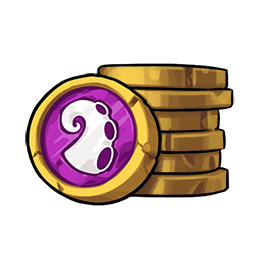Blockchain
Blockchain is a shared, immutable ledger that facilitates the process of recording transactions and tracking assets in a business network. asset can be tangible (a house, car, cash, land) or intangible (intellectual property, patents, copyrights, branding).
What Is Blockchain?
Blockchain is an immutable digital ledger that enables secure transactions across a peer-to-peer network. It records, stores and verifies data using decentralized techniques to eliminate the need for third parties, like banks or governments. Every transaction is recorded, then stored in a block on the blockchain. Each block is encrypted for protection and chained to the preceding block — hence, “blockchain” — establishing a code-based chronological order. This means that, without consensus of a network, data stored on a blockchain cannot be deleted or modified. These new-age databases act as a single source of truth and, among an interconnected network of computers, facilitate trustless and transparent data exchange.
Apart from moving cryptocurrencies from one wallet to the next, blockchain technology is an emerging technology with wide-ranging application potential, from preventing fraudulent banking and supply-chain bottlenecks to safeguarding medical records.
https://builtin.com/blockchain
Other definitions and explanations:
https://www.synopsys.com/glossary/what-is-blockchain.html#:~:text=A%20blockchain%20is%20%E2%80%9Ca%20distributed,a%20timestamp%2C%20and%20transaction%20data.
https://youtu.be/qQJOdRFsdsg?feature=shared
https://bootcamp.cvn.columbia.edu/blog/what-is-blockchain-beginners-guide/#:~:text=Blockchain%20Defined&text=Unlike%20standard%20databases%20which%20store,collected%20into%20groupings%20called%20blocks.
